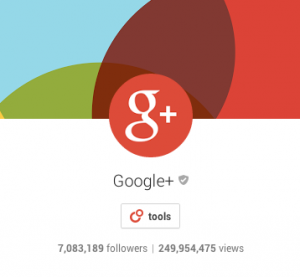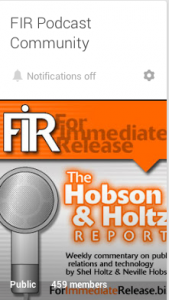I’m as mystified as I was the day of the announcement. Google is removing restrictions on Google+ user names. They announced it with, what else, a Google+ post.
“When we launched Google+ over three years ago, we had a lot of restrictions on what name you could use on your profile. This helped create a community made up of real people, but it also excluded a number of people who wanted to be part of it without using their real names.
“Over the years, as Google+ grew and its community became established, we steadily opened up this policy, from allowing +Page owners to use any name of their choosing to letting YouTube users bring their usernames into Google+. Today, we are taking the last step: there are no more restrictions on what name you can use.”
When I first saw it, this move left me asking, “Why? And why now?.”
I think that those potential users who objected to having to use real names on Google+ long ago stopped caring about Google+. And the folks who are using it now are probably quite happy with the rules as they are. And they use it and like it.
I worry that the most immediate impact of lifting restrictions on names will be to welcome the trolls onto Google+. In fact, Gini Dietrich tells Martin Waxman and me that shortly after the announcement, she received a marriage proposal from one of the newly-minted anonymous users. A fun move? Or just plain creepy? Whichever, hopefully this is not a sign of things to come.
If Google+ is hoping to attract hordes of new users to mainstream itself as one of the larger social networking platforms, they’d better have some new magic up their sleeves. There is no reason for people who’ve decided that Facebook or Twitter meets their needs to abandon those services for Google+.
 In fact, I think that Google+ has built a happy and enthusiastic group of users around features like Hangouts and Google+ Communities. I’m thinking about the FIR Podcast Community that generates a constant flow of conversation. Yes, it’s only 500 people strong. But it is a community that has a specialized interest and actively uses Google+ to converge around that interest.
In fact, I think that Google+ has built a happy and enthusiastic group of users around features like Hangouts and Google+ Communities. I’m thinking about the FIR Podcast Community that generates a constant flow of conversation. Yes, it’s only 500 people strong. But it is a community that has a specialized interest and actively uses Google+ to converge around that interest.
So, Google+ is a success for those who use it. Why would the people who cared about anonymity in the first place ever come back to Google+?
Why Google? Why now?
